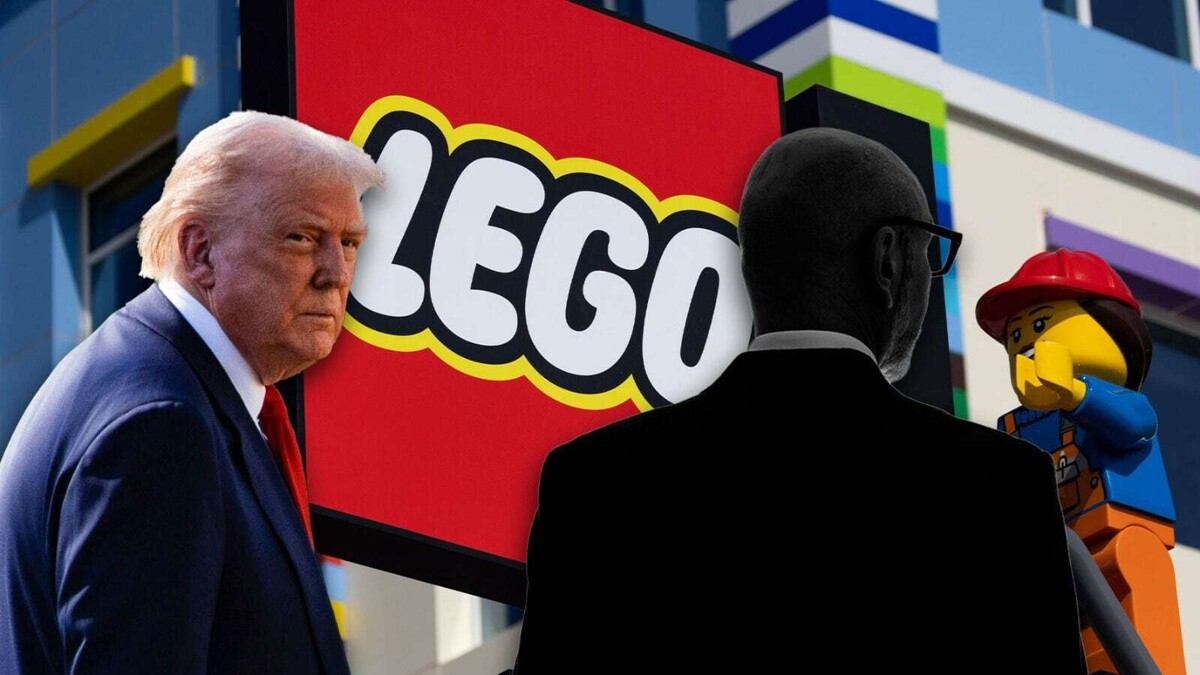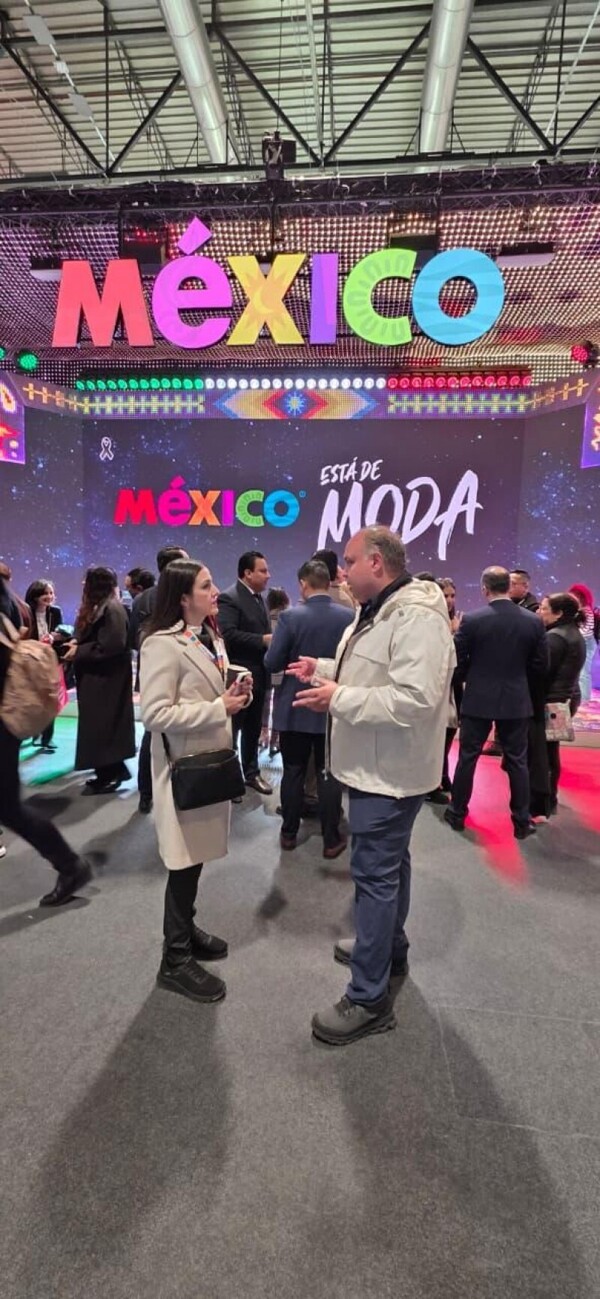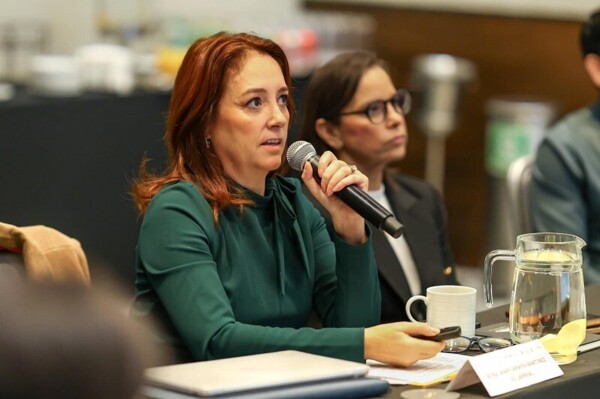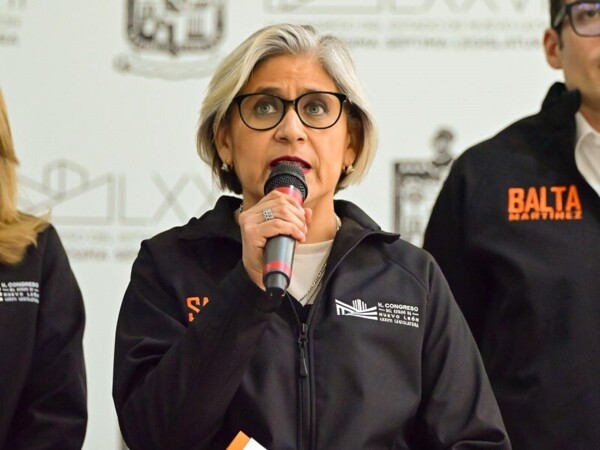
The Lego factory in Mexico is at risk due to a possible trade war between Mexico and the United States. Niels B. Christiansen, CEO of the company, explained that the United States is the main market for Lego, and the plant in Mexico supplies the majority of the mini bricks sold there. This exposes it to tariff threats from the Trump administration.
Despite the constant threat of tariffs, the Lego plant in Monterrey, Mexico, remains crucial for the production and export of bricks to the United States. The company has expanded its toy offerings, reaching 840 products in its catalog last year, and has expanded into new markets, including digital games.
Lego, famous for its colorful plastic blocks, originated in Denmark in 1932, founded by Ole Kirk Christiansen. His son Godtfred Kirk Christiansen took the company to exponential growth in the following decades. The brand became international in the 1960s and 70s, patenting the design of its blocks in 1958.
Despite financial challenges in the 1990s, Lego has managed to remain the largest toy manufacturer in the world, surpassing competitors like Mattel and Hasbro in sales. The company has diversified its products with collaborations and themed lines, such as Star Wars and Harry Potter.
After the death of the Lego founder, his family continued to run the company, with Niels Christiansen as CEO since 2017. Lego has been able to adapt to market changes, recovering from previous crises and remaining relevant in the toy industry over the years. With a rich history and a strong market position, Lego faces the challenge of staying competitive in a changing global environment.














